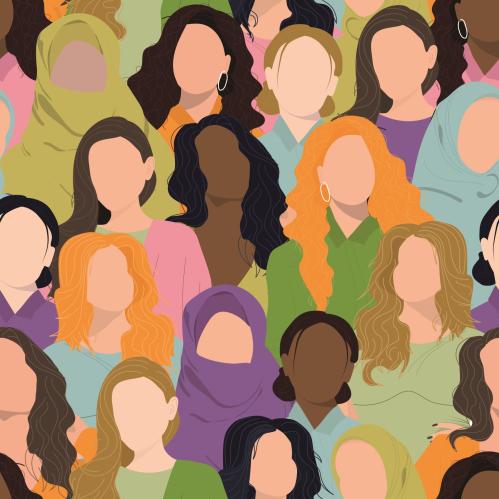Theoretical discussions of “civil society” often leave people wondering: what does that mean and what is all the commotion about? The excitement arises from the realization that citizens, in their own communities—sometimes with the help of government, often without it—are trying to solve problems. Their projects challenge a cynicism deeply embedded in public life, an incivility that characterizes so much of the political culture, and a sense of futility that holds people back from public action and community involvement. The actions of neighborhood groups and regional coalitions suggest that entrepreneurship is alive and well in the social sphere.
The best way to understand what civil society is is to see it in action. Here is just a small sampling of the creative projects we at the Institute for Civil Society have run across (and in some cases supported) in our efforts to encourage the civic revival now taking root.
The Family Support Network, founded by Cheryl Honey, a former welfare mother, began as a small database in Bothell, Washington, that listed people and organizations able to support families in times of crisis. It is now a fully developed “yellow pages” that links community members with over 800 people in the Seattle area who share resources and do volunteer work. FSN also has its own FM radio program, “I Can Do That!,” which not only matches service providers with those in need of services, but also focuses on policy issues. Communities across the United States are inviting Honey and her colleagues to help them set up their own FSNs.
The River Watch Network brings river communities together to learn about and protect their rivers. Working with RWN, community groups such as schools, businesses, service clubs, state and local government agencies, and conservation groups analyze ecosystems and create strategies to conserve rivers. A Rio Grande/Rio Bravo pilot project in Texas uses 30 trained volunteers, 10 of whom are now Texas-certified water quality monitors, to sample water twice monthly at nine sites, focusing on the health effects of using contaminated waters. Next year RWN plans to target other affected rivers and the communities surrounding them.
The Ten Point Coalition is a national coalition of African-American ministers targeting at-risk youth in their own communities. The coalition, modeled on Boston’s Ten Point Coalition, reaches out to the most troubled young people, “adopting gangs,” patrolling neighborhoods, counseling victims, and using churches as community centers. By forming partnerships with social service agencies and law enforcement officers, the coalition has significantly reduced violence by local youths. The Ten Point Coalition in Dorchester, Massachusetts, is also working to create new entrepreneurial businesses run by former gang members who in turn employ other former gang members.
The Harlem Community Association, a secular counterpart of the Ten Point Coalition, is run by men who have served long sentences in New York state prisons. These men reach out to would-be predators through recreational activities, individual and group counseling, and frank talk about life in prison. Their central message is that taking personal responsibility for one’s actions is the first step in any successful rehabilitation process.
In a larger sense, that message goes to the heart of what the civil society sector is and does. All these community initiatives share the conviction that problem solving cannot be left to others. Effective government programs can make things better. But the best government policies have emerged from collaborative efforts among government, community institutions, and the private sector. And the most enduring social changes cannot simply be legislated by government. They arise from social action rooted in individual responsibility and accountability.



Commentary
Beyond Theory: Civil Society in Action
September 1, 1997